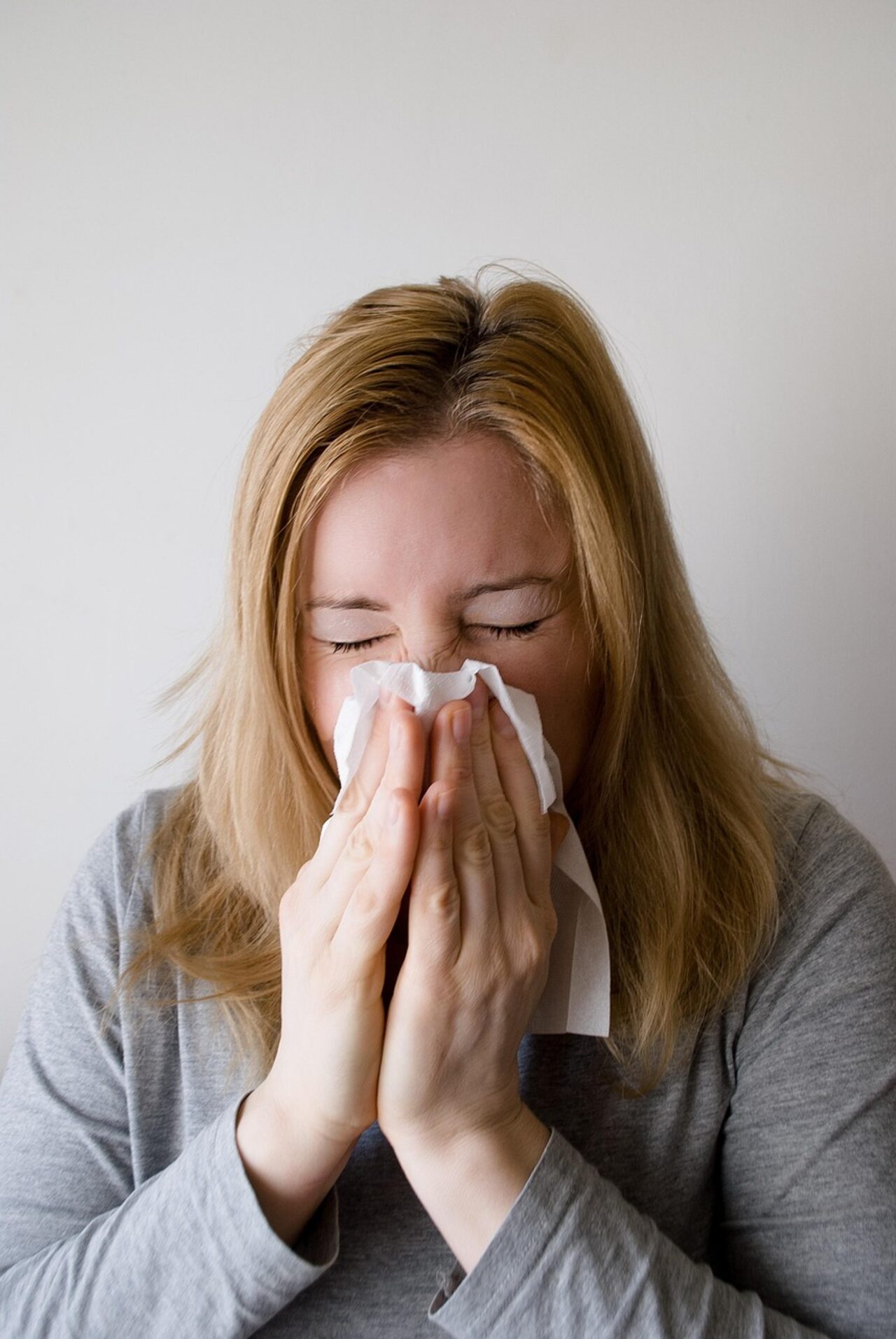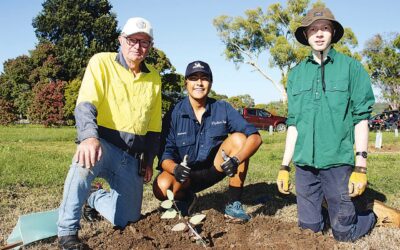Experts are urging greater RSV (respiratory syncytial virus) vigilance and awareness among older adults, particularly grandparents caring for young grandchildren, ahead of the winter season. While RSV is recognised for its seriousness in young babies, the virus can also cause significant health issues in older adults including pneumonia and hospitalisations.
“We know older adults are familiar with influenza – but less aware of RSV and the serious health challenges this infectious respiratory virus can cause. We really want older Australians, particularly those caring for grandchildren, to become much more informed and aware of RSV. They need to know about their risk and not assume it’s just a problem in babies,” states professor Lucy Morgan, Sydney respiratory physician and chair of the Lung Foundation.
RSV is a common, infectious respiratory virus that generally peaks in autumn and winter but can occur all year round. By the age of two nearly every child – and therefore every grandchild – will have had RSV at least once. Infected individuals can stay contagious for up to 10 days, placing older Australians, notably those caring for young children, at risk of RSV and the adverse health consequences that can result.
Although often mild, for older adults the RSV virus carries a similar risk to influenza in causing serious illness. RSV can result in hospital stays for older adults lasting on average six days (range 4-9 days). Compared with children under 5 years, older adults hospitalised with RSV may spend twice as long in hospital and fatalities from the virus are four times higher.
Following hospital stays for RSV, older adults may experience long-term health complications, need increased care, and feel a loss of independence.
Associate professor and senior geriatrician Michael Woodward, said, “The impact of RSV can be very serious for older Australians who may struggle to regain their health and conditioning after the virus has cleared. Unfortunately, some may have significant delays in regaining their former health and independence after RSV.”
Clinical professor John Blakey, consultant respiratory physician and medical advisor to Asthma Australia said, “Older adults with existing heart or lung disease are at higher risk of being admitted with RSV: they are five to 10 times more likely to end up in hospital. People with conditions like asthma and Chronic Obstructive Pulmonary Disease therefore need to be particularly aware of RSV and how to minimise their risk.”
RSV generally starts with mild symptoms, similar to other respiratory viruses such as influenza and COVID-19, including cough, headache, tiredness, runny nose and congestion. RSV can survive on hard surfaces for up to six hours and is easily spread, including between family members of all ages.
Australia commenced recording RSV cases under the Notifiable Diseases Surveillance System in 2021. The tracking is beginning to build a picture of the real numbers and impact of the virus. For older Australians, last year’s reported RSV cases were 32,156 compared with 56,561 influenza cases.
Older Australians are being urged to become more informed and alert to RSV ahead of winter, especially when caring for young grandchildren, and talk to their doctor or pharmacist about RSV and prevention options.
To order photos from this page click here


